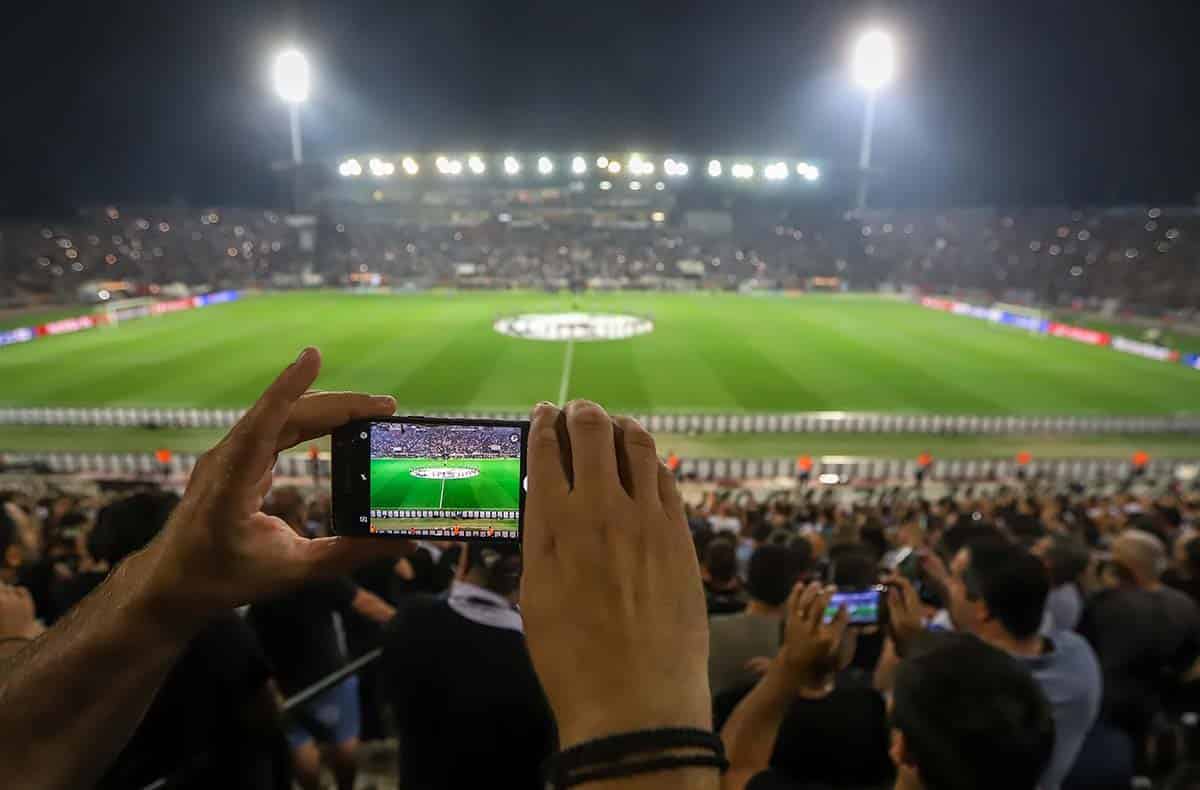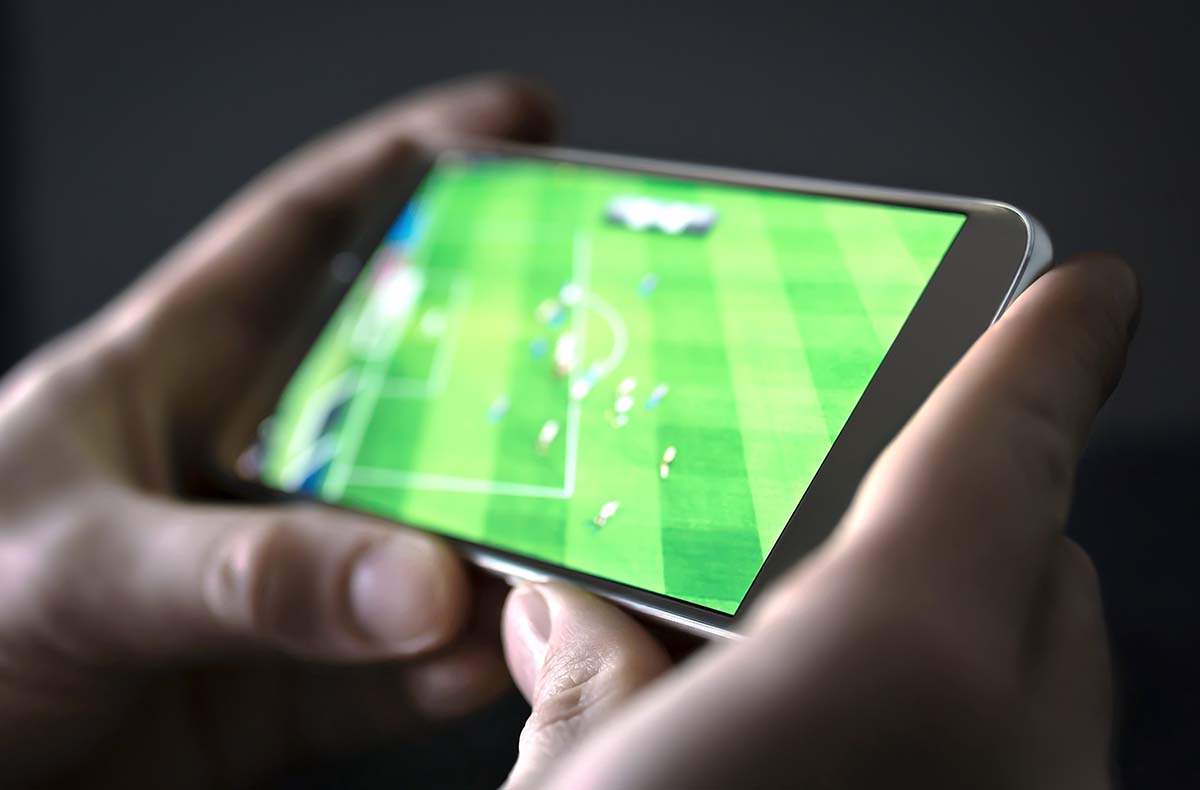
Social media is a graffiti wall of opinions, where those with the loudest voices strive to make sure their views will be at the top of everyone’s attention, at every waking minute. When you mix such extreme self-involvement with the world’s most followed sport, it’s a recipe for becoming disastrously misguided.
As with any topic discussed online, there are two broad primary byproducts of social media usage when it comes to football talk: (1) misinformed opinion and (2) the archival of everything (or “receipts,” as the kids call it.)
Here’s a hypothetical footballing situation that attempts to paint an accurate picture of how point one might play out:
Imagine the AC Milan version of Ronaldinho from the early 2000s playing in the social media era. First off, memes—the ultimate tool of millennial social commentary—would be inescapable, capturing and recreating his fall from grace at Barcelona, or how the outright best player on the planet had undeniably descended into mediocrity in Milan. It would become a story for the ages. Quote tweets disguised as facts would state that a messianic footballer was shown the door by Pep Guardiola for his constant late-night partying, and that would be the end of the conversation.
Online discourse has no room for a middle ground in any space, like how the 21st century footballer is perceived. The great Ronaldinho would be eyed by some as a classic case of unfulfilled potential. Although some have argued his behavior off the pitch is to blame for cutting his career short, his greatness has never been called into question.
If Ronaldinho played today, the reactionary nature of online football discourse would do their best to ensure that his legacy as the greatest entertainer in the history of the beautiful game is washed away entirely.
After all, football fans, especially in today’s day and age, have an unhealthy obsession with “exposing” the hype around certain figures as “overrated”, which would render the unassailable heights the Brazilian hit as simply a moot point.
That is a spooky thought. And it’s one that has dominated the majority of online discourse around Neymar, whose career has crossed similar paths with his fellow countryman ever since his exit from Barcelona as well, coincidentally. Instead of appreciating the former Santos attacker for being one of football’s best ever showmen as well, career counselors for several football fans online harp on about his divisive spell at PSG.
While Ronaldinho is hailed as the face of “joga bonito” and the inspiration who sent kids across the world rushing to parks to replicate his skills and tricks for years on end, Neymar is seen by many as everything not to like about the modern footballer.
Neymar—who is the closest thing to Ronaldinho reincarnate—also enjoyed a three-year spell as one of the very elite before his career experienced a decline. Arguably, his decline was not even half as significant at PSG as the dip we witnessed in Dinho’s performance on the pitch during his ill-fated spell at Milan.
Of course, I’m not denying that the media existed during the early 2000s, however, it was nowhere near as intense and scrutinizing as it is today. The spotlight has never been brighter on public figures: according to a study by Data Reportal, social media users globally amount to a staggering 4.65 billion. That’s a lot of eyes, and a lot of opinions.
Now that we’ve got point one out of the way, let’s move on to point two.
When reminiscing about Oliver Kahn’s storied career, his lionhearted demeanor in between the sticks is always the talking point, as opposed to adding a Benny Hill soundtrack to a clip of his mishap in the 2002 World Cup final that gifted Brazil one of their goals.
On the other hand, the average football fan in 2022 can afford not to tune into some of Liverpool’s games on weekends with the assurance that they could easily bump into a video of Alisson Becker making the occasional clanger online and stay in the loop of things.
The selective archival of these very moments on social media has been cited by many to push the narrative that the Brazilian hasn’t had quite the season many expected of him, when context would tell you that he is unequivocally the best goalkeeper in the world by quite some distance.
Similarly, the collective shunning of Harry Maguire by the football world throughout the ongoing season has partly come down to mere screenshots taken out of context to vilify his performances for Manchester United, to paint a picture of the Englishman that he’s a lot more personally culpable for his club’s shortcomings than he actually is.
For instance, several major outlets boasting followers north of a million across the globe particularly decided to jump on the Maguire hate train by curating posts of him in the build-up to Renan Lodi’s winner in the second leg of the Champions League quarter-final. These broadly had three effects online:
1) The angry United fans expressed their disdain towards their out-of-form captain
2) Opposition fans shared the post in numbers to laugh at Maguire’s expense
3) A rare minority noticed it was Diogo Dalot’s positioning that was the grave error and the posts were simply agenda-driven
On social media, in particular, the truth doesn’t sell, the best lie does. And as a result, the archival of skewed, clickbait evidence not only increases interactions for said outlets, but adds fuel to the fire of distaste for targeted players. And as you know, this hate-mongering ultimately led to Maguire being booed ahead of England’s 3-0 win against Ivory Coast.
While the intention behind such social media posts may never be to tarnish the reputation of one of the Three Lions’ most reliable performers, dangerous byproducts are bound to emerge when such partisan views are presented, especially when they are directed at particularly vilified pros, such as the United defender.
This lies in stark contrast when considering football in the past. In 2002, Rio Ferdinand’s howler in handing out one of the easiest goals Nicolas Anelka ever scored in the context of his 19-year-long career, in a clash as significant as the Manchester derby, led to an embarrassing newspaper headline and unpleasant post-match interview, at the most.
But in 2022, Harry Maguire has to endure all of the negative media coverage in the moment, while having to suffer fools online who will use images of his mistakes for ages, constantly reminding the player of his misstep, and that his blemishes will be preserved for the world to chuckle at forever.
Regardless of whether you spend your evenings feasting your eyes on the beautiful game in real time, social media will be there afterwards, acting as a digital museum that preserves all the errors that we’d normally forgive. While we used to hail our athletes as heroes, this viral culture has made today the easiest period in history to paint footballers as villains.



